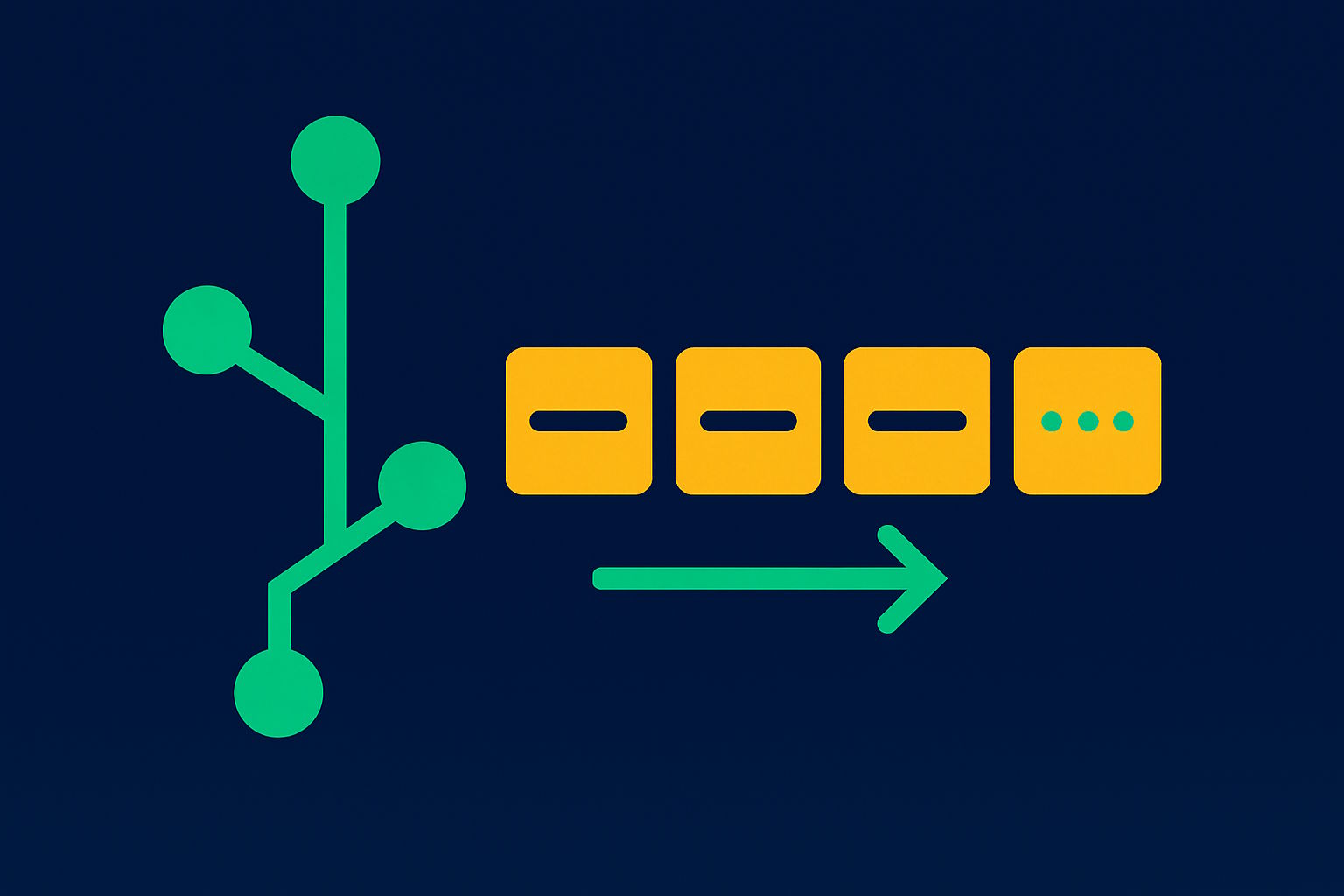Meta's Free Transformer introduces a new approach to LLM decision-making
PositiveArtificial Intelligence

Meta has unveiled an exciting new AI architecture called the Free Transformer, which revolutionizes how language models make decisions about text generation. This innovative approach allows models to choose the direction of their output before they even begin writing, leading to improved performance, particularly in complex tasks. This development is significant as it could enhance the capabilities of AI in various applications, making interactions more intuitive and effective.
— Curated by the World Pulse Now AI Editorial System



